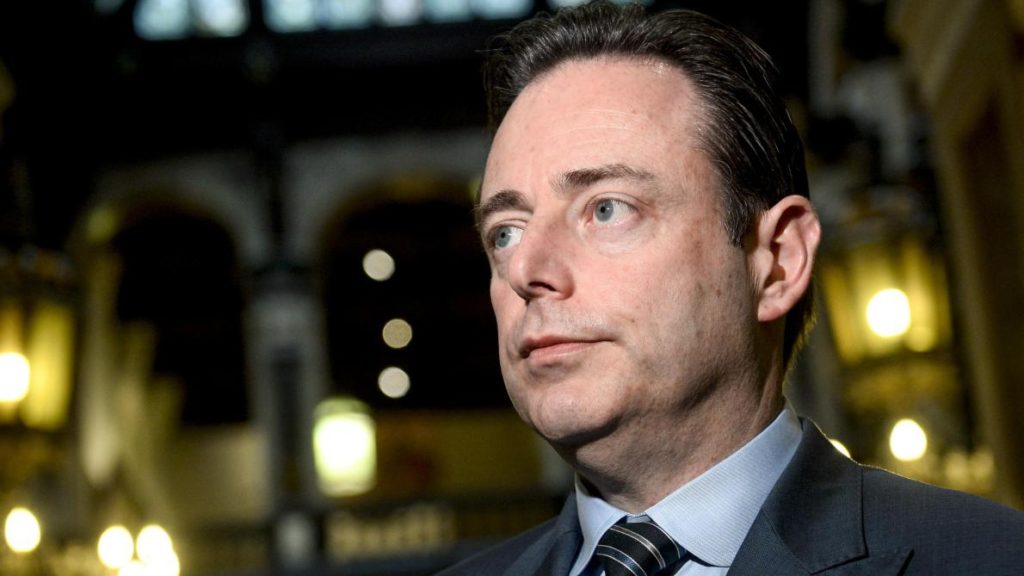With the federal, regional and European elections one week and one day away, Le Soir has announced the results of its Grand Barometer poll on the likely results of the federal election. Not surprisingly, the current caretaker government, made up of MR on the French-speaking side together with Flemish parties CD&V and Open VLD, is not expected to be able to form a majority nationwide next Sunday. Instead, the poll foresees the possibility of the creation of a majority formed of socialists (PS and SPA), greens (Ecolo and Groen) and conservatives (MR and Open VLD).
Significantly, that rules out the participation in the next government of N-VA, the Flemish nationalists who were the largest single party at the last election, whose departure from the coalition at the end of last year left prime minister Charles Michel in charge of a minority government. In 2014, when Belgium achieved a world record in going more than 500 days without a government, N-VA leader Bart De Wever was the king-maker, bringing in MR as the sole French-speaking party and shutting out socialists from government for the first time in decades.
Now, De Wever has his sights set on leading the Flemish regional government, and with his party leading the polls in Flanders and the incumbent, party colleague Geert Bourgeois off to Europe, that seems to be a given. Former federal home affairs minister Jan Jambon has ambitions to be PM, but that could prove to be difficult. N-VA has said it will not enter into a coalition with socialists, and the feeling is reciprocated. The other Flemish parties aside from the SPA would be willing, but the French-speaking parties not, and this time around that includes the MR.
In Flanders, N-VA is well ahead, the Barometer shows, with 28.1% of votes. That's down from their 32.4% at the last election, but since then they have been in government, and pulled the plug on the government, so the chastisement that might be expected from the public is not too severe. CD&V come in second place on 17%, which makes education minister Hilde Crevits' bid to become minister-president unlikely. In third place, a choice between Groen, who are campaigning together with Ecolo, and Vlaams Belang, who are flirting with a score of 15%.
In Wallonia, the eternal PS is in the lead with 28.5% of voting intentions, less that their 2014 score of 32%, but much better than the 19.7% they polled in December 2017, and 4.2 percentage points ahead of the last Barometer in February. Ecolo forges ahead, with 19.1% of voting intentions, compared to an actual tally in 2014 of 8.2%.
Finally in Brussels, the top three places in popularity go to Olivier Maingain (Défi), Paul Magnette (PS) and Didier Reynders (MR), although only the first of those has any connection at all with the region. Closer to home, Brussels-City mayor Philippe Close (PS) and Brussels region minister Pascal Smet achieve decent personal scores, while their parties jostle for first place with Ecolo/Groen. However the poll was taken before the recent gaffe by Ecolo with a pamphlet speaking of the wearing of the veil and ritual slaughter. The two factions together fall just short of a majority in the region on around 40%, making the co-opting of another coalition partner virtually inevitable.
The Grand Barometer poll was carried out among a representative sample of 2,522 adults of voting age in the three regions, between 6 and 14 May. The margin of error is 3.1% in Wallonia and Flanders, and 4.3% in Brussels.
Alan Hope
The Brussels Times
The Brussels Times

